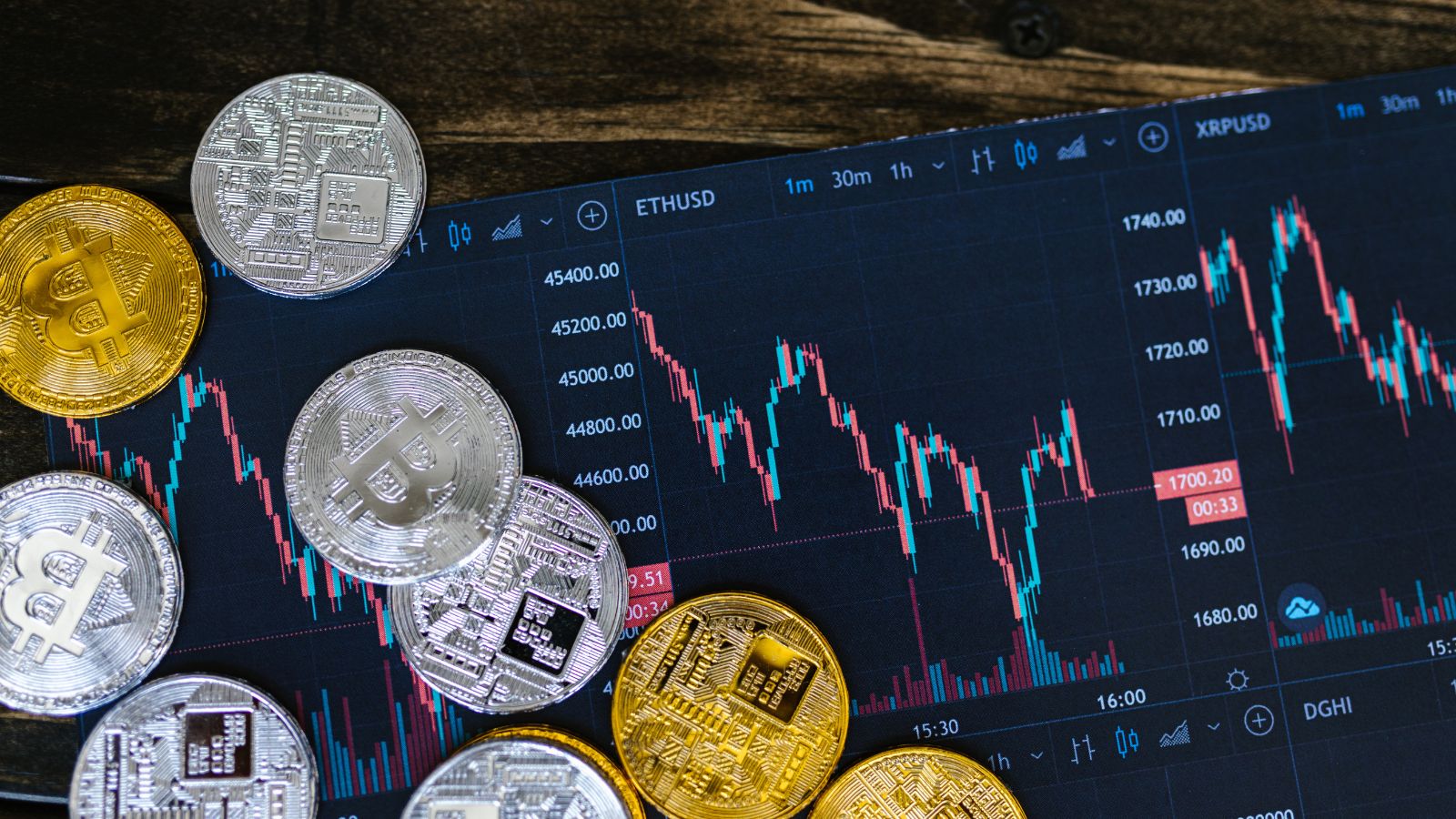At the start of my investment journey, I was torn between cryptocurrency and traditional stocks. At the time, crypto was still in its infancy. So, despite the hype surrounding crypto and blockchain technology, there was just as much speculation about its stability and viability over the long haul.
Stocks have historically been a safe bet, and if you play your cards right, you could make a killing. But could you make just as much, or even more, with cryptocurrency? Today, we’ll look into the similarities and differences between cryptocurrency and stocks to figure out the best investment option.
Market Characteristics
Blockchain technology forms the bedrock of cryptocurrency. This is basically a ledger that records transactions in a network of many computers. This ledger is decentralized, meaning no single entity or individual controls it. Crypto coins are traded in 24/7 centralized and decentralized exchanges. The coins are kept in digital wallets, and owners remain relatively anonymous.
Conversely, stock traders trade stocks on stock exchanges like NYSE and NASDAQ. These exchanges have specific trading hours but sometimes allow after-hours trading. The markets have tighter regulations since regulatory bodies like the SEC and CSRC oversee trading activities and ensure compliance with market rules, financial reporting standards, and investor protection laws.
Risk & Volatility
Risk is inherent with every financial instrument you trade or invest in, so it’s a matter of which tradable asset is less risky. As such, I compared crypto and stocks across three types of risks: market risk (volatility), cybersecurity risk, and legal risk.
- Market risk: Right off the bat, cryptocurrency is super volatile. The lack of intrinsic backing from physical assets or government entities leaves crypto prices at the whims of traders. This means prices can surge or dip in an instant. Stocks, on the other hand, are a lot less volatile but experience the occasional swing.
- Legal risk: Cryptocurrency’s decentralized systems go hand in hand with almost zero regulation. This is a stark difference from stocks, which are highly regulated by governments and financial bodies like the Securities Exchange Commission (SEC). This makes stocks less risky than crypto from a legal standpoint.
- Cybersecurity risk: While blockchain technology is often touted as foolproof, this is far from the truth. Even with strong security measures by leading exchanges, cryptocurrencies are still prone to hacking and phishing scams. Stocks are much safer because they’re well-regulated and have industry safety nets. However, there have been instances of fraud and insider trading that compromise investor confidence.
With that in mind, it’s worth noting that no financial instrument is risk-free. Over the years, I’ve learned some pretty effective risk management strategies, but the best advice I’d give is to do your homework on whatever financial instrument you’re investing in. My go-to resource for navigating financial markets is investingguide.co.uk. It has everything you need to make sound investment decisions and massive profits.
Regulation & Security
The allure of instant cash makes crypto and stocks hotbeds for scams and other fraudulent activity. Even seasoned investors like myself aren’t immune to falling victim to such dubious schemes. And while you can do so much to protect yourself from bad actors like scammers, the security of your assets primarily depends on its regulation.
Cryptocurrencies, in general, are heavily lacking in regulation, given their decentralized nature. This is essentially a free-for-all market without a central governing authority. This makes it easy for malicious individuals to exploit loopholes and prey on the unsuspecting.
If you’re looking for a more secure asset, you’ll be better off trading or investing in stocks. At least, stocks are recognized by governments globally and are regulated by not only government agencies but also by the Securities Exchange Commission. This robust security framework shields investors from deceptive tactics and financial misconduct.
I’ve had my fill of fraudulent stock brokers, but I was able to report them to the regulating authorities and recover my money. I can’t say the same about crypto brokers and algorithmic traders simply because there’s no regulatory body to turn to. What’s more, the crypto recipients were virtually anonymous and impossible to trace.
Diversification and Portfolio Strategy
I’d usually encourage beginner investors to tread softly when starting out, focusing on one stock or crypto coin. Once you get the hang of things, you can expand your investment portfolio to include a mix of various assets. This begs the question, which instrument between stocks and cryptocurrencies offers more room for diversification?
Stocks have been around for a while, so expect a vast array of stocks to invest in. They also span several industries, including tech, healthcare, manufacturing, and so on. Moreover, there are different types of stocks you could invest in, including:
- Blue-chip stocks: for large, established companies like Apple, Intel, etc
- Penny stocks: Stocks involving small, high-risk companies
- Growth stocks: These stocks are for fast-growing companies and don’t pay dividends
- Dividend stocks: Shareholders receive regular dividends
You can think of cryptocurrency as the new kid on the block. The first cryptocurrency was launched just a decade and a half ago, whereas stocks have existed for over two centuries. Now, this isn’t to say that crypto coins aren’t wide-ranging. Loose oversight allows anyone to create a cryptocurrency, even as a joke. The downside is that it’s hard to tell real crypto coins from the so-called meme coins.
In light of the above information, I find it easier to create a robust portfolio strategy with stocks than with cryptocurrency. This is especially true for long-term investors. You can invest in multiple stocks across various industries and use some of them to hedge against losses. Crafting a strategy with stocks also means better predictability.
I always investigate a company’s historical performance and earning reports to understand its future growth. With crypto, I only have the coin’s white papers and overall road map. Thankfully, a bustling community of traders and investors is always eager to share crucial insights on the best crypto coins to trade or invest in.
Of course, you could always take a hybrid approach, especially if you know your stuff. A hybrid approach involves having both stocks and cryptocurrencies in your investment portfolio. My portfolio, for instance, consists of 70% crypto and 30% stocks. I’ve invested more in crypto because I know its ins and outs and can take maximum advantage of the extremely volatile nature of these assets.
You could adopt this strategy by allocating more of your portfolio to the asset you’re most familiar with. However, I’d recommend a smaller allocation to crypto because of its extreme volatility and growth uncertainty. Stocks can dominate your portfolio since they’re a lot more stable and closely monitored.
Conclusion
I can’t say for sure which investment option is better for you because preferences and other factors vary from one investor to the next. Remember to base your decision on crucial aspects such as your financial goals, market knowledge, risk tolerance, and investment strategy.
Research extensively about the coin or stock you plan to invest in, and remember to only risk what you’re willing to lose. Do this, and you’ll be a successful investor, regardless of your financial instrument.











